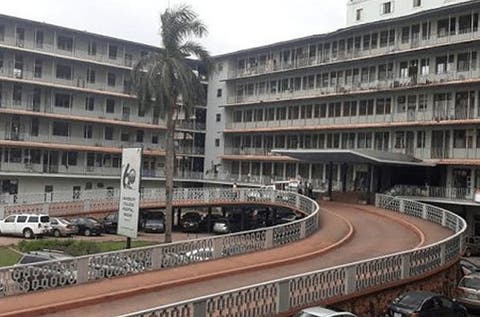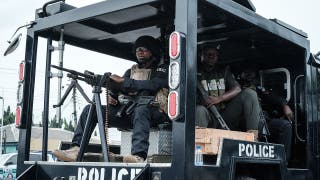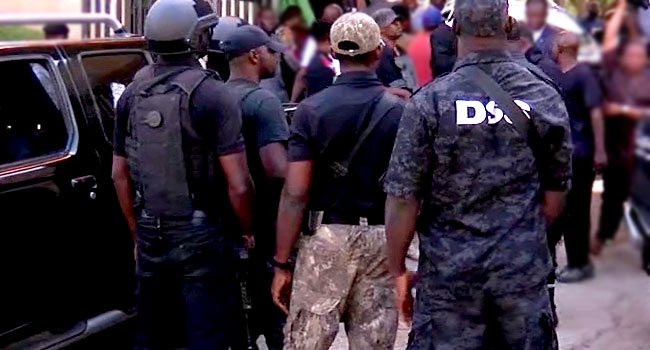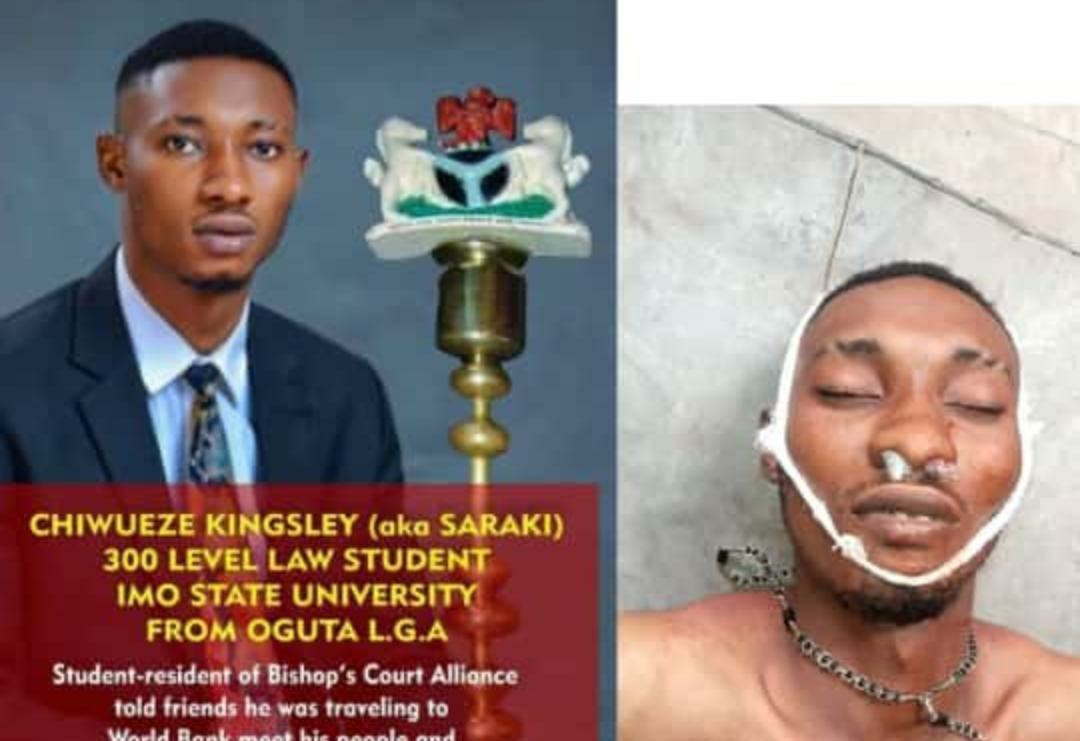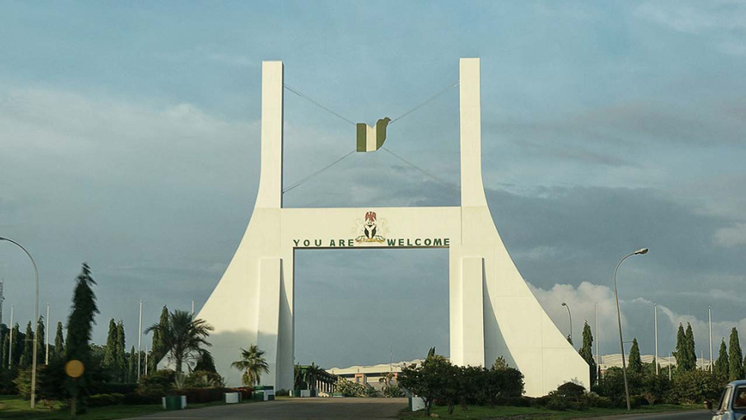UCH doctors begin indefinite strike
Doctors of the University College Hospital (UCH), Ibadan have commenced an indefinite strike. The decision to commence what they described as a “total and indefinite strike” was reached at a…
Over 12 unknown gunmen arrested in Imo
An investigation by Vanguard yesterday revealed that over twelve unknown gunmen have been arrested in Imo state, linked to the series of attacks on police formations and Owerri Correctional Center.…
DSS To Clampdown On Agents Of Anarchy, Warns Against Inciting Utterances
The Department of State Services says it will begin a clampdown on agents of anarchy in various parts of the country. In a statement on Sunday by its spokesman, Peter…
Tinubu: Nigeria will not break up — that is not acceptable to us
Bola Tinubu, national leader of the All Progressives Congress (APC), has warned that Nigeria risks another war if it breaks up. Speaking at a special Ramadan prayer in Lagos on…
Akwa Ibom fake recruiter arrested for raping, killing jobseeker as protests emerge
The Akwa Ibom State Police Command has arrested a suspected fake recruiter, Uduak Akpan, for allegedly raping and killing a jobseeker, Iniubong Umoren, in the Airport Road area of Uyo.…
Former presidential aide asks Catholic Pope to investigate Mbaka
Controversial Catholic priest, Ejike Mbaka, has more troubles to deal with as a former aide to President Goodluck Jonathan, Reno Omokri, has petitioned the Vatican, requesting the Catholic Pope to…
Alleged Stray Bullet: Another IMSU Undergraduate Dies
Ibe Pascal Arogorn, Owerri For the second time in a week, Chukwuezze Kingsley (Saraki) a 24 year-old 300L law student in Imo state university (IMSU) was found dead after he…
One officer missing, other injured as gunmen attack another police station in Ebonyi
Gunmen on Saturday attacked Abaomege police station in Onicha LGA of Ebonyi state. A police officer on duty during the attack was reportedly injured and has been hospitalised, another officer…
Job Seeker Raped, Killed, Buried in Shallow Grave In Akwa Ibom
Iniubong Umoren, a job seeker and Philosophy graduate of the University of Uyo, has been found dead, FIJ can report. The deceased’s friend, Umoh Uduak, confirmed this news on Sunday…
Freedom doesn’t mean everything is permitted, Buhari tells Nigerian media
President Muhammadu Buhari has admonished the Nigerian media to note the fact that freedom of the press does not mean everything is permitted. He has therefore urged them to avoid…
FCT not under attack by terrorists —Police
The Nigeria Police Force has said the Federal Capital Territory is not under attack by Boko Haram terrorists as purported on social media. This is according to a statement issued…
Fire Razes INEC Office In Akwa Ibom
The Independent National Electoral Commission (INEC) office in Essien Udim Local Government Area has been gutted by fire. INEC Chairman, Information and Voter Education Committee, Festus Okoye, confirmed the incident…
Uneasy Calm As Police Desert Streets In South East
Policemen posted to the South East are seeking redeployment following the spate of killings of security operatives in the region, Daily Trust on Sunday has learnt. Tens of policemen have…
IPOB orders sit-at-home, bans church services on May 30
The Indigenous People of Biafra has ordered protest and a sit-at-home on May 30. It also banned church services on that day in Biafraland. It said the protest would hold…
Again, Boko Haram invades military base in Borno LG
Suspected members of the dreaded Boko Haram sect on Sunday morning invaded Ajiri village of Mafa Local Government Area of Borno state, in which they gained access into the military…

